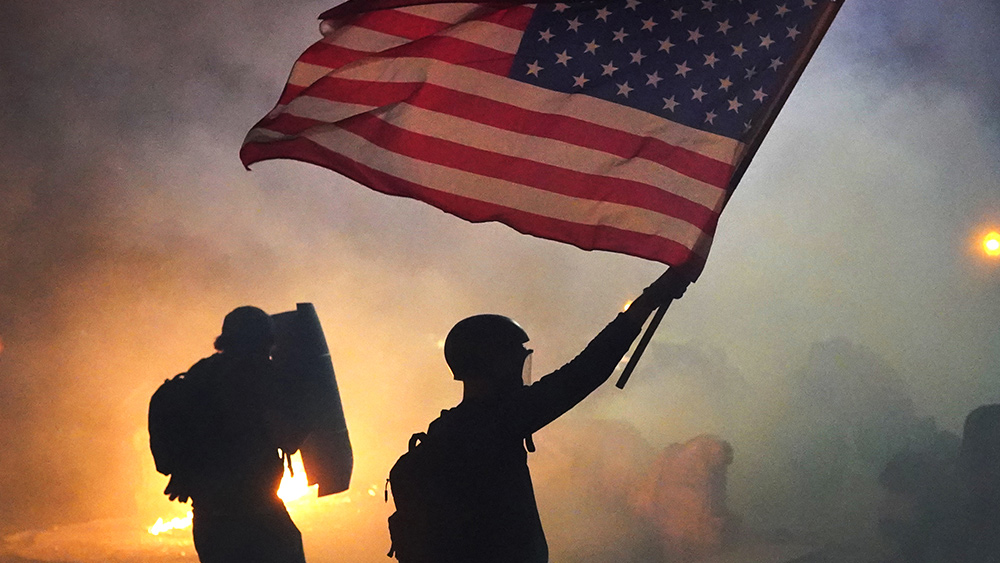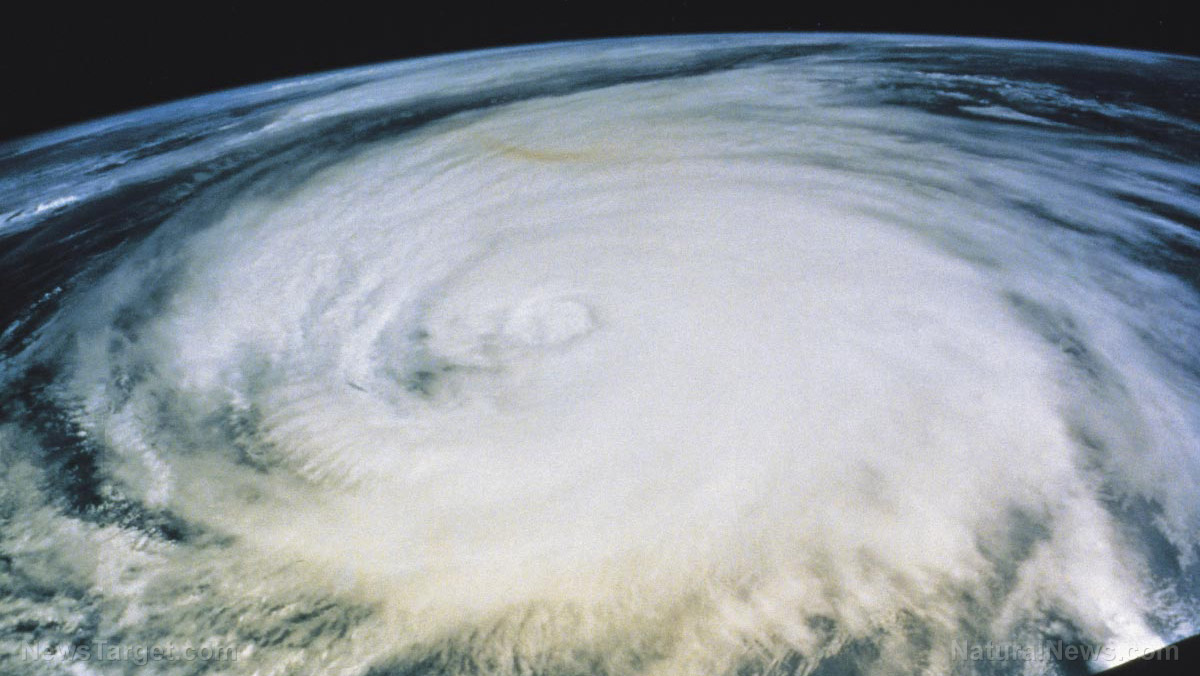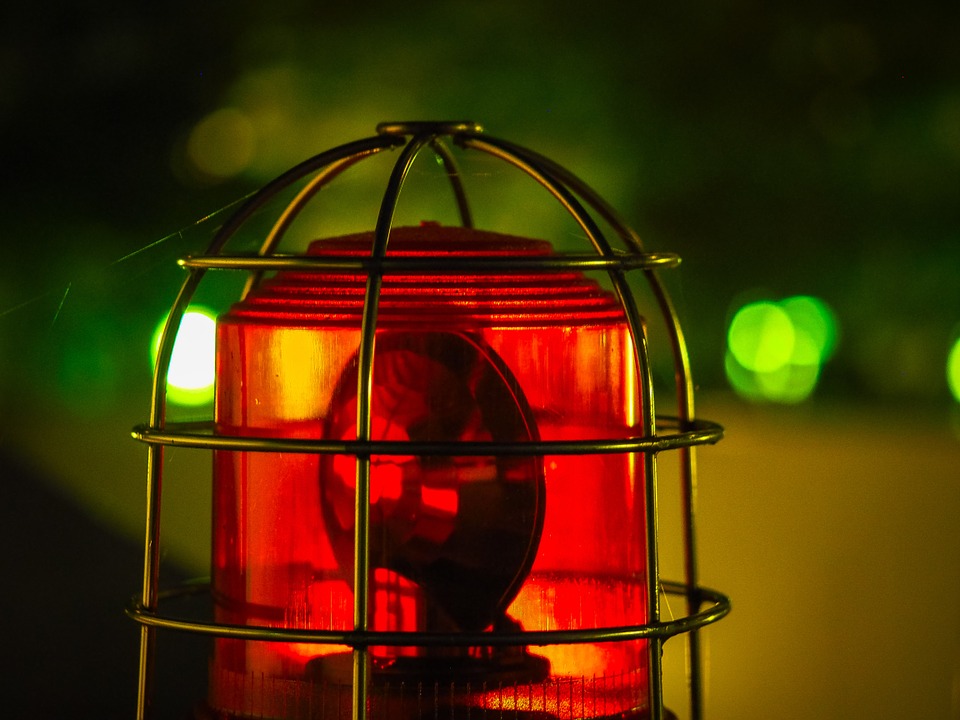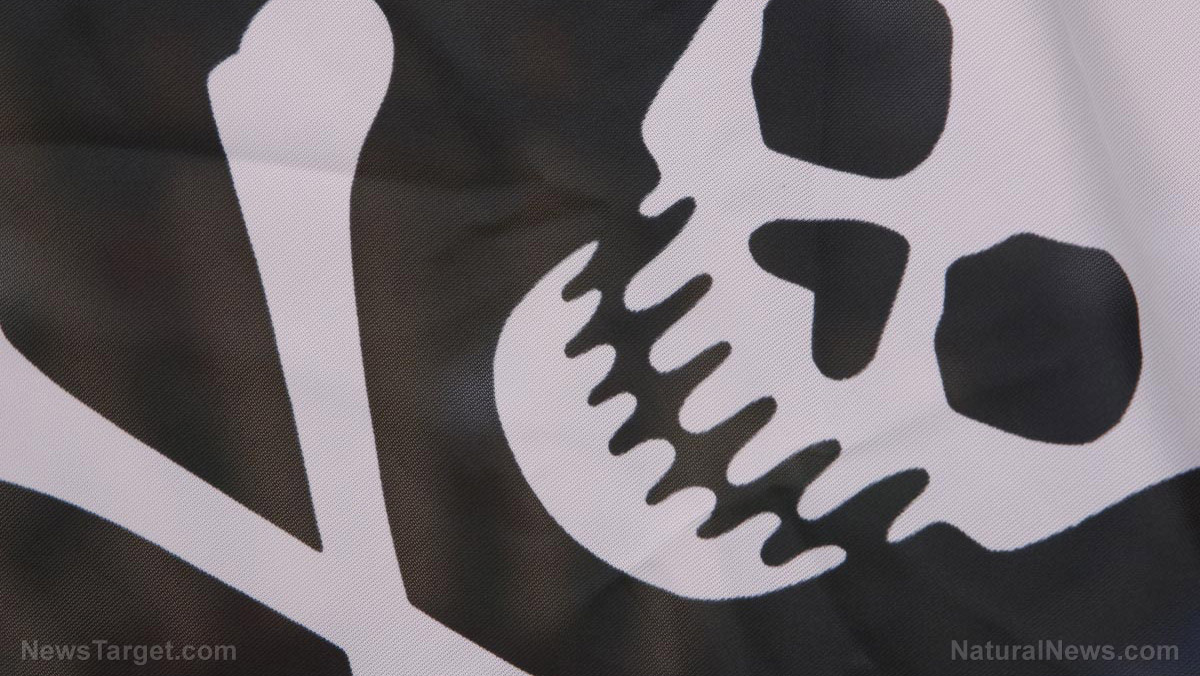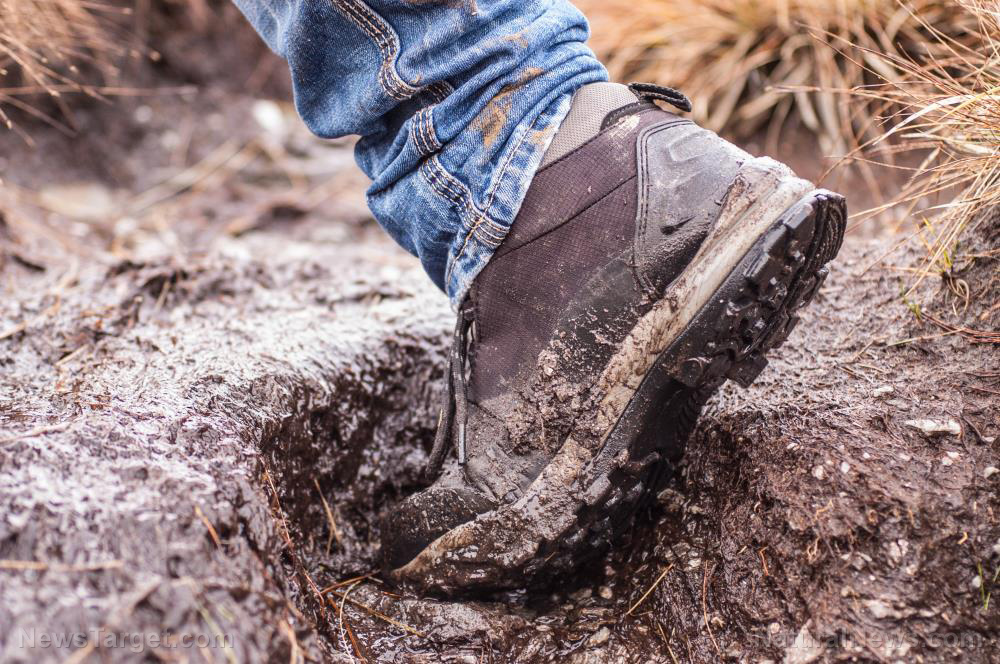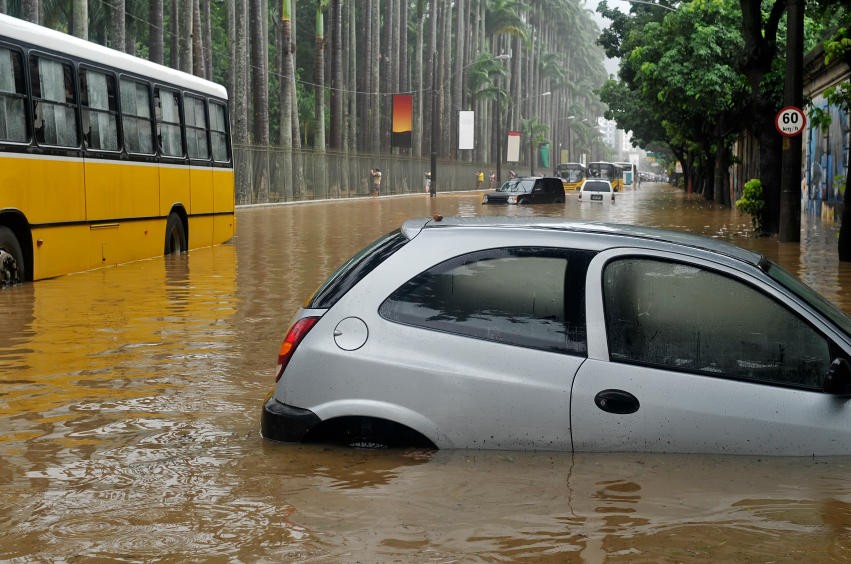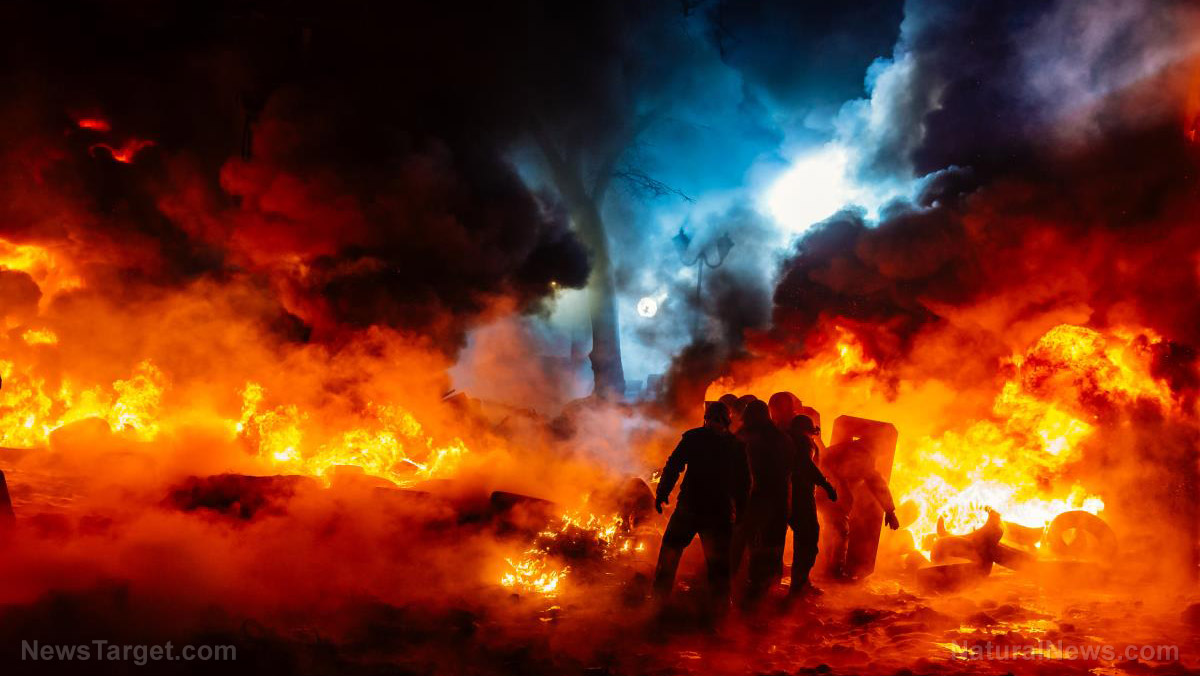Morocco earthquake death toll rises to over 2,800 as rescuers continue search for survivors
09/12/2023 / By Olivia Cook

Villagers in parts of Morocco devastated by the country’s biggest earthquake since 1960 camped outside for a fourth night on Sept. 11, and wept for lost relatives in the rubble of their homes as the death toll rose to more than 2,800.
Search-and-rescue/retrieval teams from Britain, Qatar and Spain joined Moroccan efforts to find survivors from the 6.8 magnitude quake that struck on Sept. 8, in the High Atlas Mountains, with the epicenter 72 kilometers (45 miles) southwest of Marrakech.
State TV reported the death toll had risen to 2,862 – with 2,562 people injured. Rescuers said the traditional mud brick houses ubiquitous in the region reduced the chances of finding survivors because they had crumbled.
In the village of Tinmel, almost every house was pulverized, leaving the entire community homeless. The stench of death from dozens of animals buried under the rubble wafts through parts of the village.
Among the dead was seven-year-old Suleiman Aytnasr, who was about to start a new school year. His mother had carried him to his bedroom after he fell asleep in the living room of their home in a hamlet outside Talat N’Yaaqoub – one of the worst-hit areas. As she went out of the room, the earthquake happened and the ceiling was destroyed and fell on him.
Mouhamad Elhasan, 59, said he had been eating dinner with his family when the earthquake struck. His 31-year-old son fled outside and was hit as their neighbor’s roof collapsed – trapping him under the rubble. By the time he reached his son, he was dead.
Elhasan said that if his son stayed inside the house, he would have been OK with his wife and daughter – who remained inside their home and survived.
In the village of Tagadirte, where few buildings had been left standing, 66-year-old Mohamed Ouchen described how residents pulled 25 people alive from the rubble in the immediate aftermath of the quake. One of those rescued was his own sister.
“We were busy rescuing because we didn’t have tools. Her head was visible and we kept digging by hand,” he said.
Footage from the remote village of Imi N’Tala, filmed by Spanish rescuer Antonio Nogales of the aid group Bomberos Unidos Sin Fronteras (United Firefighters Without Borders), showed men and dogs clambering over steep slopes covered in rubble.
Nogales said the level of destruction was “absolute” as he struggled to find the right word to describe what he was seeing. “Not a single house has stayed upright.”
Despite the scale of the damage, he said rescuers searching with dogs are still hoping to find survivors.
“I am sure that in the coming days, there will be some rescues. We think that there may still be people in the collapsed structures – that there may have been pockets of air. And as I say, we never give up hope,” he said.
Rescue and foreign aid efforts continue
After an initial response that was described as too slow by some survivors, tent camps appeared in some locations by Monday night. (Related: Surviving natural disasters: Earthquake and tsunami scenarios.)
The army said it was reinforcing search-and-rescue teams, providing drinking water and distributing food, blankets and tents.
A major road connecting the High Atlas Mountains to Marrakech was gridlocked on Monday evening as heavy vehicles and volunteers carrying relief supplies headed toward some of the hardest-hit communities.
Aided by some foreigners, Moroccan volunteers and civilians helped direct traffic and clear the road of rock debris. At this stage, Morocco has accepted offers of aid from Spain and Britain, which both sent search-and-rescue specialists with sniffer dogs and from the United Arab Emirates and Qatar.
The interior ministry noted that foreign teams were in contact with Moroccan authorities to coordinate efforts and said only four had been accepted because “a lack of coordination could be counterproductive.”
Other offers may be accepted in the future, “if the needs evolve,” according to the ministry.
Algeria said it had allocated three planes to transport rescue personnel and aid. France said it stands ready to help and just waiting for a formal request from Morocco, French President Emmanuel Macron said at the G20 Summit in New Delhi.
Dr. Hossam Elsharkawi, Red Cross Middle East and North Africa regional director, said it could take years to repair the damage caused by the quake. “It won’t be a matter of a week or two. We are counting on a response that will take months, if not years.”
Visit Disaster.news for more stories about the Morocco earthquake.
Watch this video to learn about some strange things about the Morocco earthquake.
This video is from THEHEALTHYAMERICAN, Peggy Hall channel on Brighteon.com.
More related stories:
After 7.8 magnitude earthquake rocks Turkey and Syria, death toll estimated tor each 20,000.
VIDEO: Thousands killed in Turkey, Syria following massive quake that struck with no warning.
Earthquake and cyclone victims: How can we help end suffering now and in the future?
Sources include:
Submit a correction >>
Tagged Under:
death toll, disaster, Earthquakes, foreign aid, France, homelessness, injuries, Morocco, natural disaster, property damage, Qatar, rescue, retrieval, survival, survivors, tremors, United Arab Emirates
This article may contain statements that reflect the opinion of the author
RECENT NEWS & ARTICLES
COPYRIGHT © 2018 PANIC.NEWS
All content posted on this site is protected under Free Speech. Panic.news is not responsible for content written by contributing authors. The information on this site is provided for educational and entertainment purposes only. It is not intended as a substitute for professional advice of any kind. Panic.news assumes no responsibility for the use or misuse of this material. All trademarks, registered trademarks and service marks mentioned on this site are the property of their respective owners.




